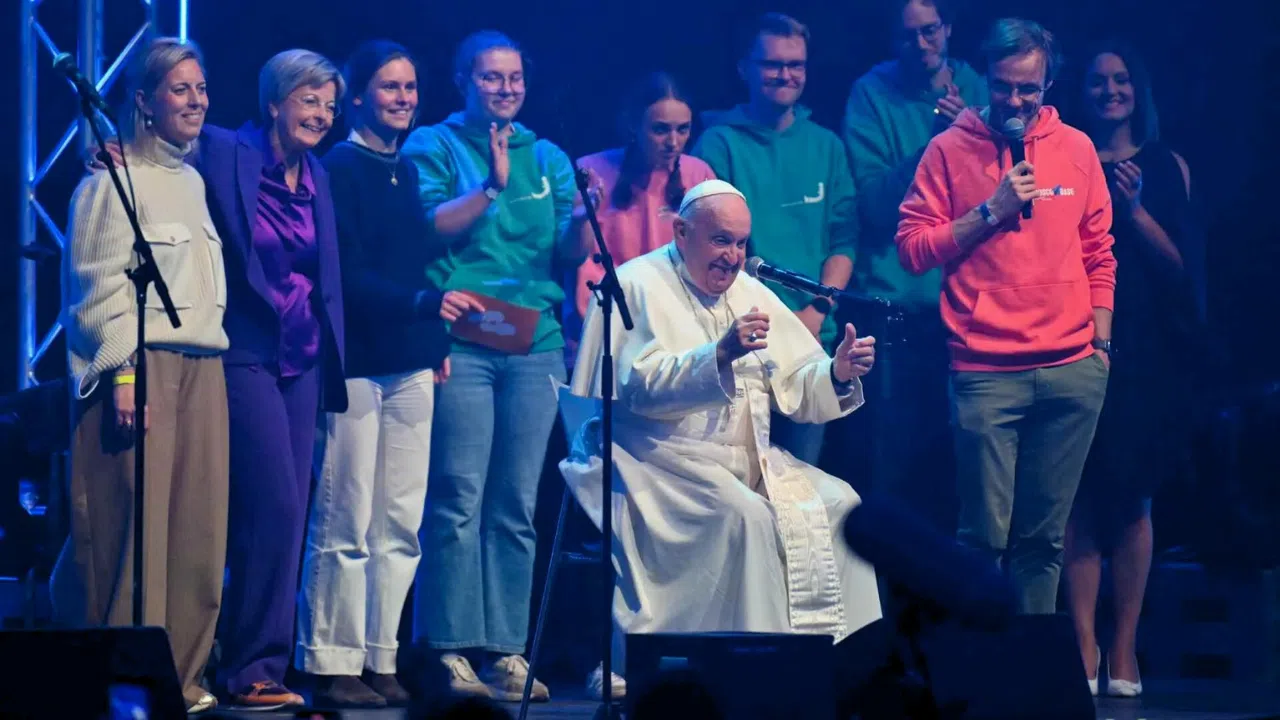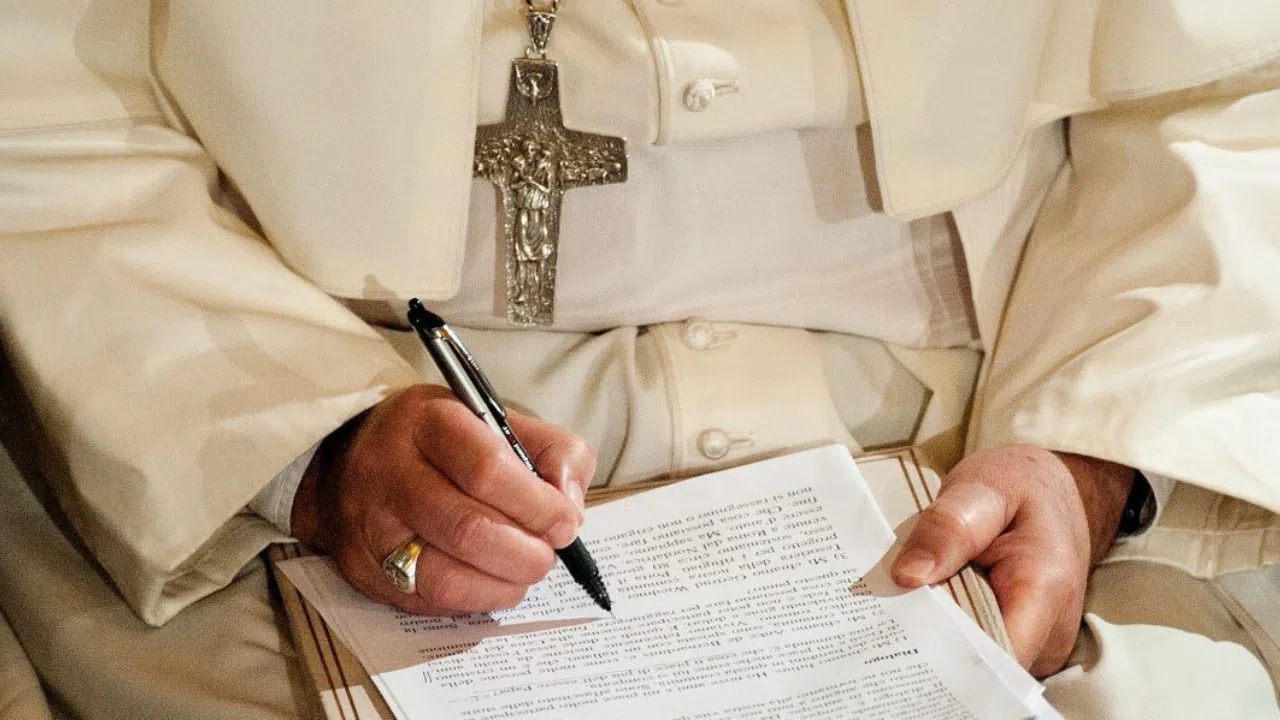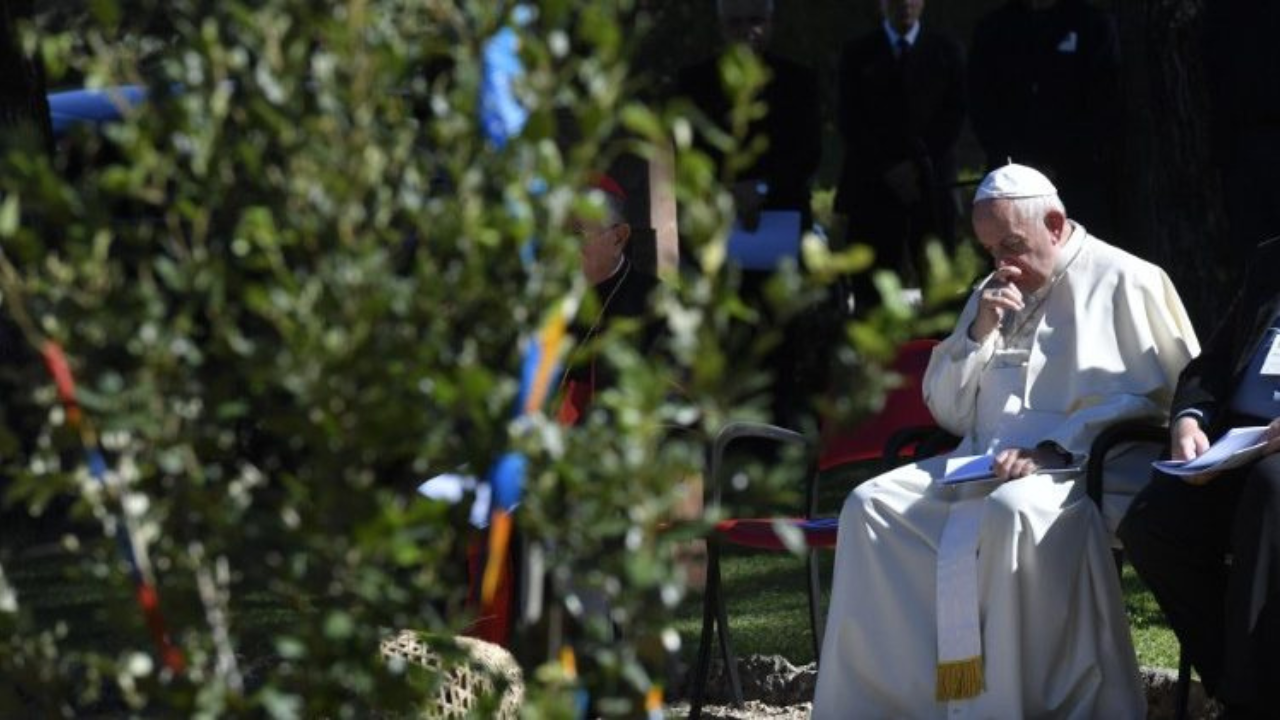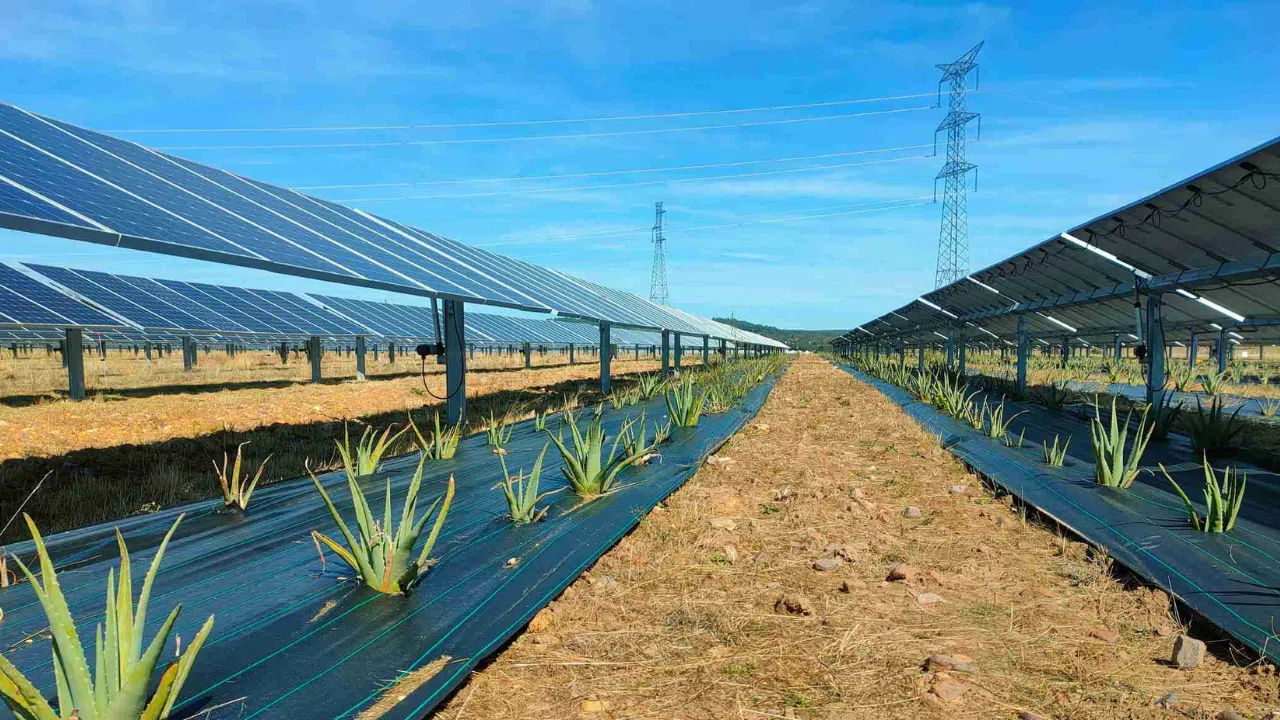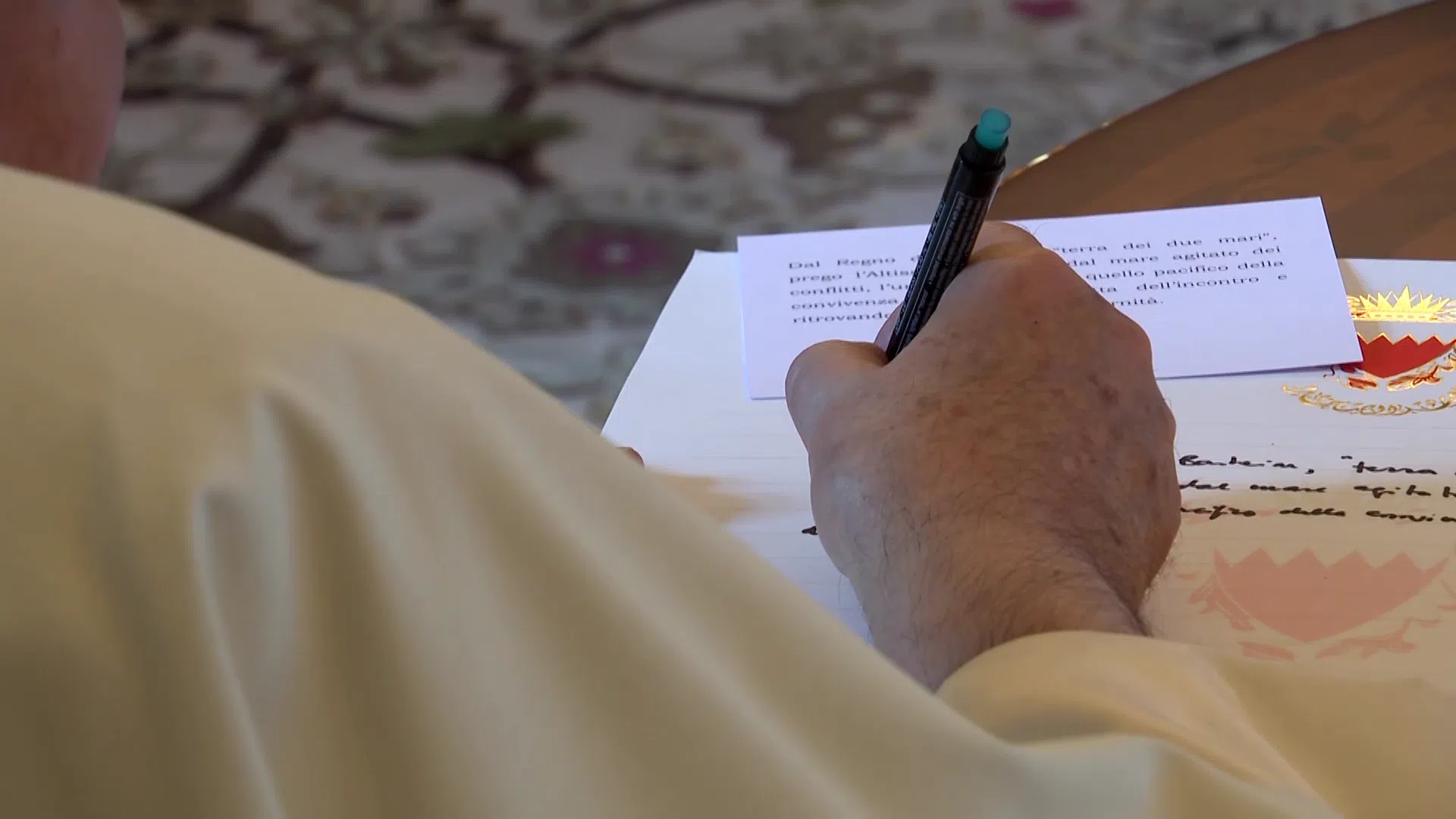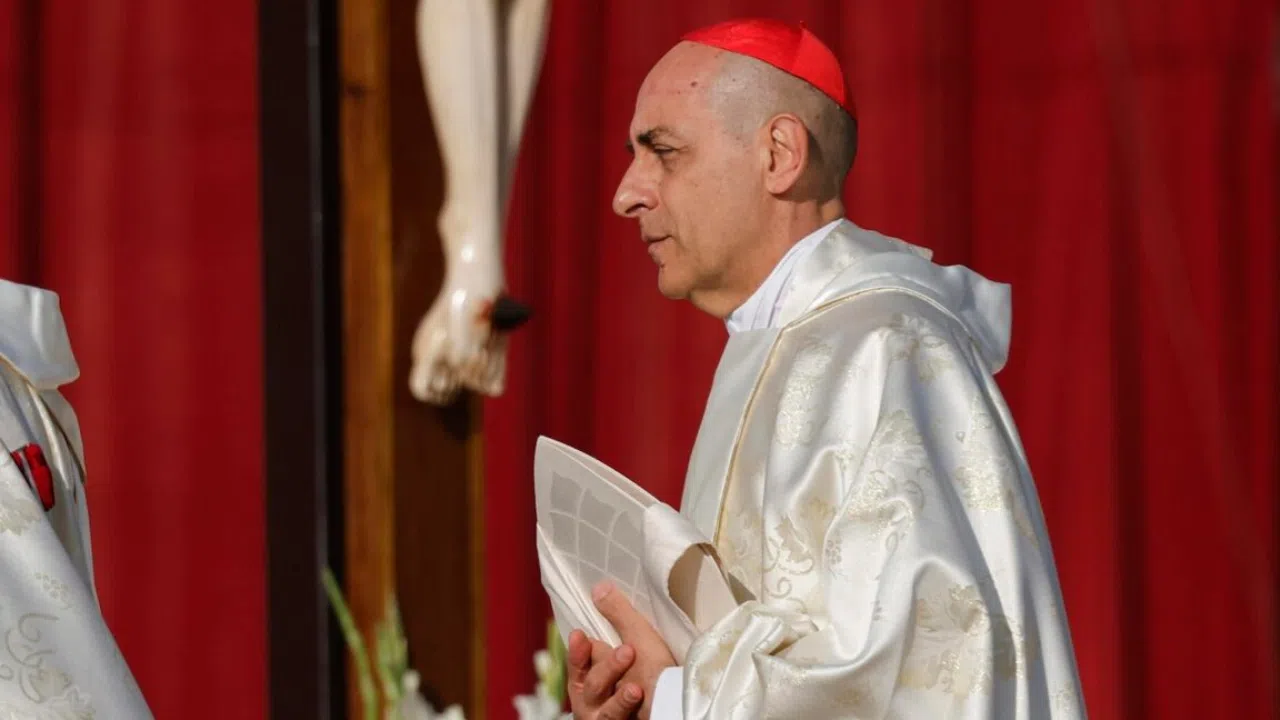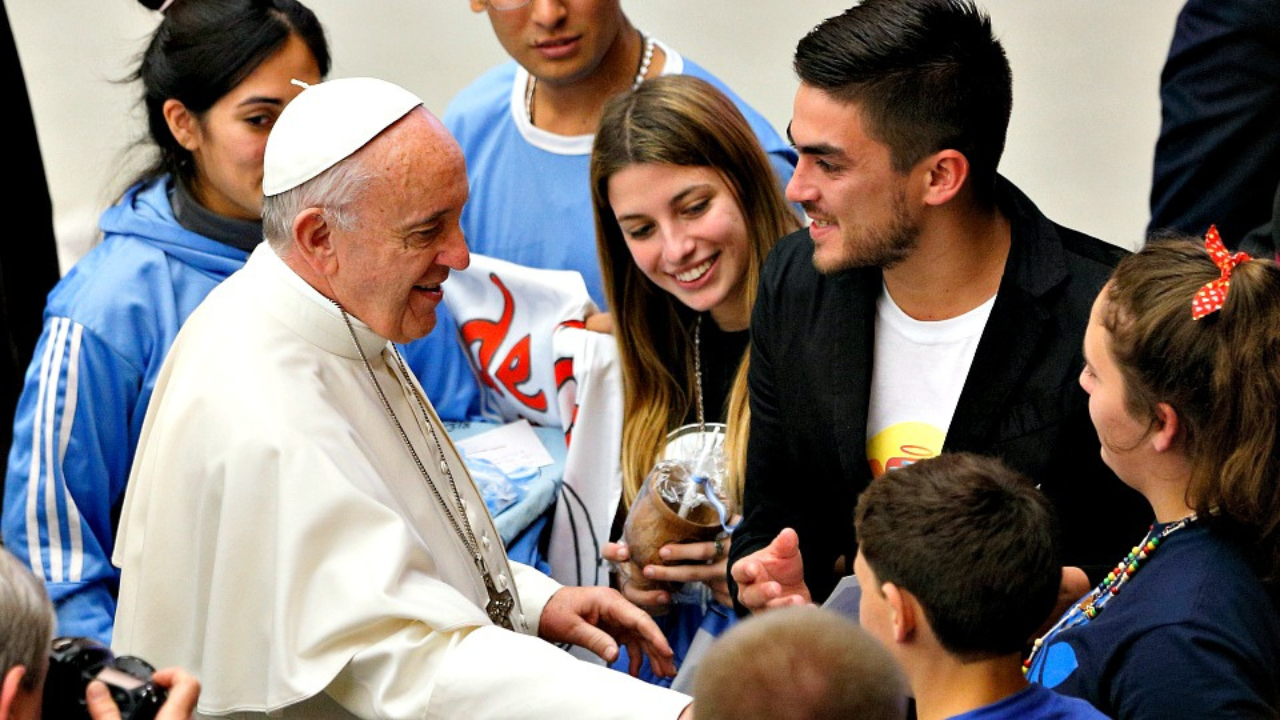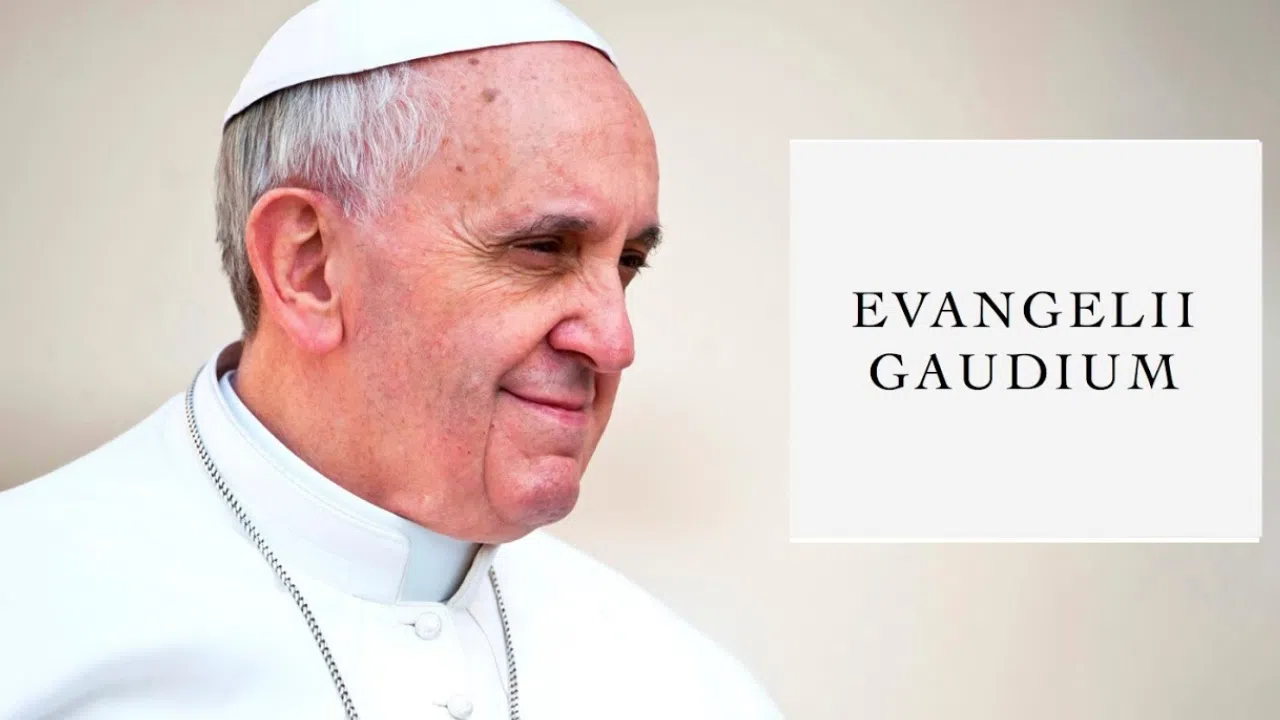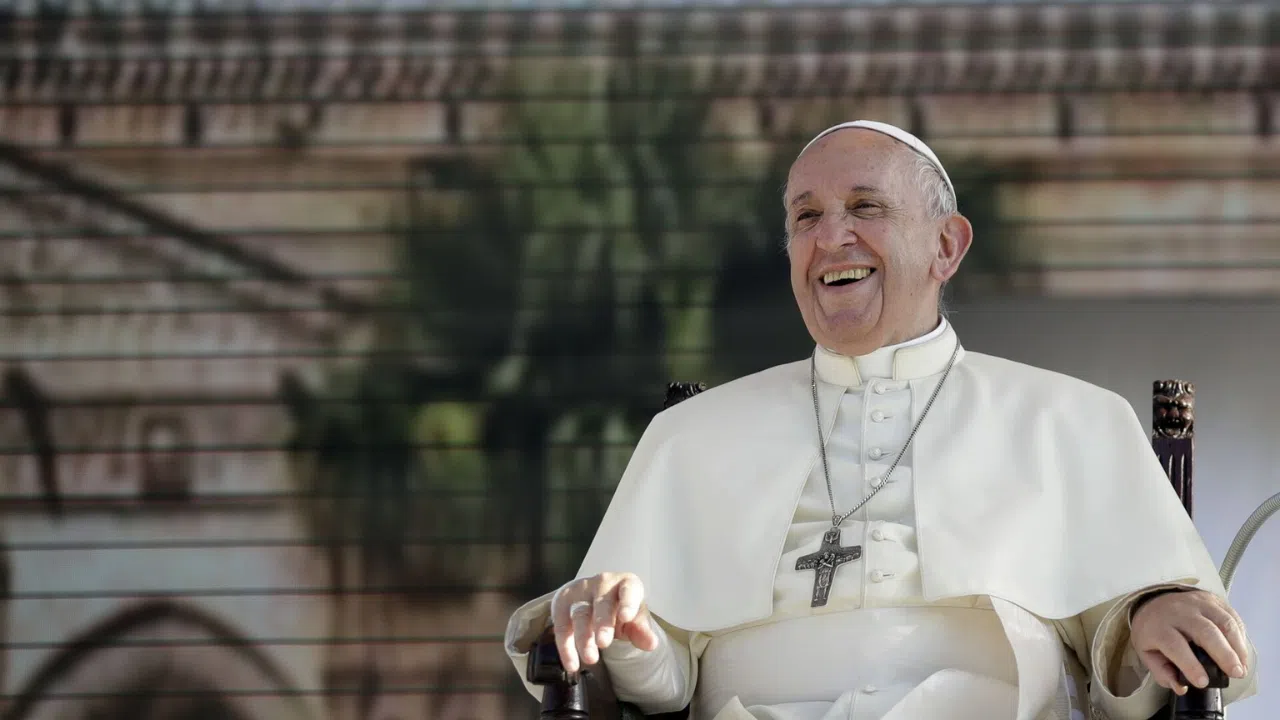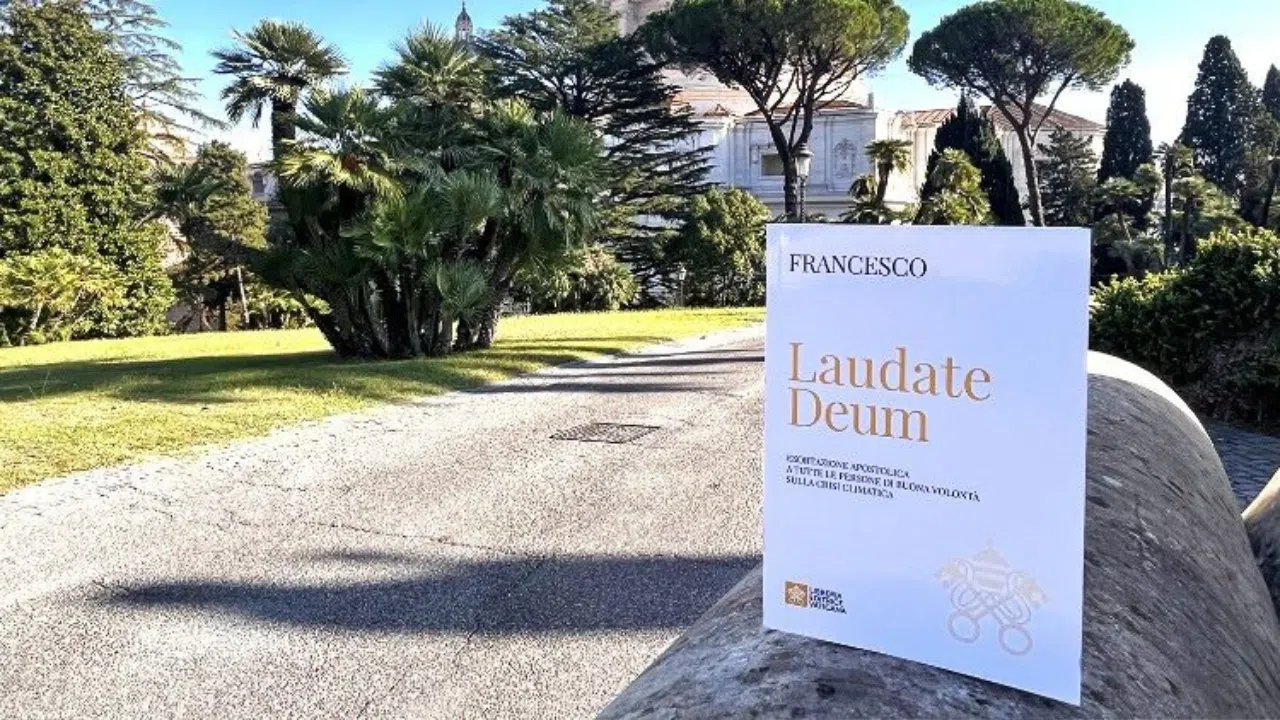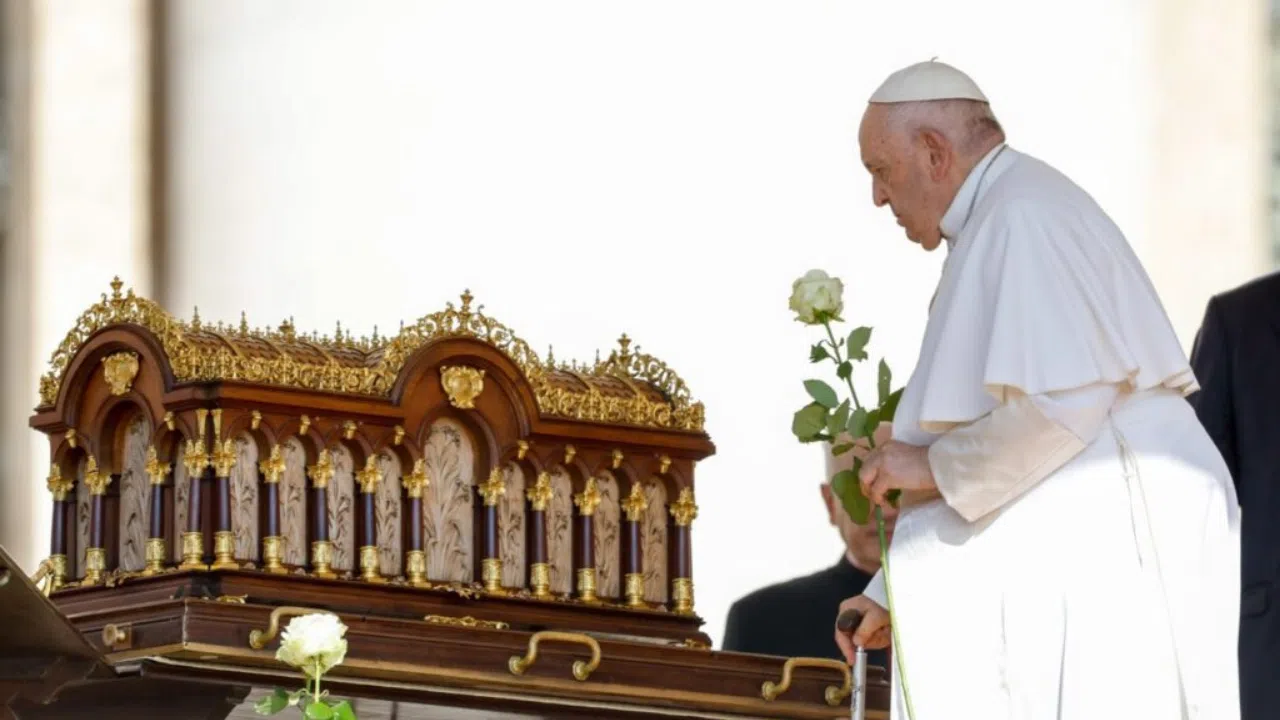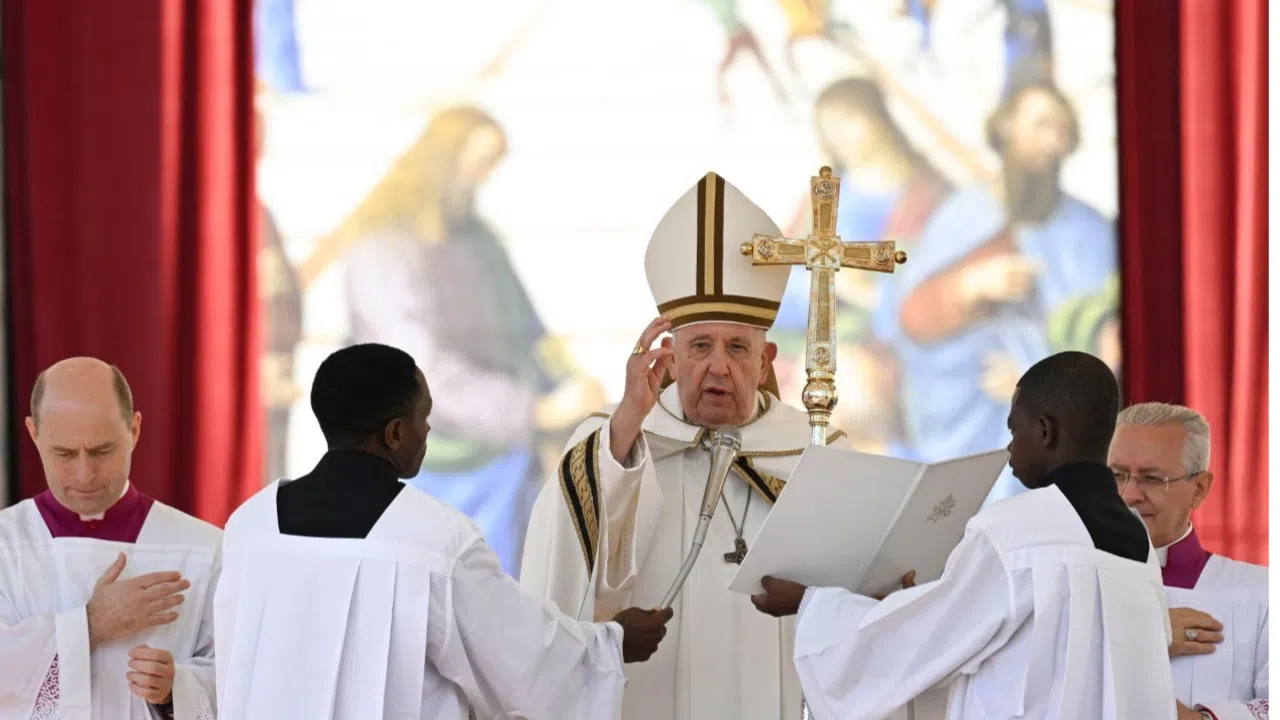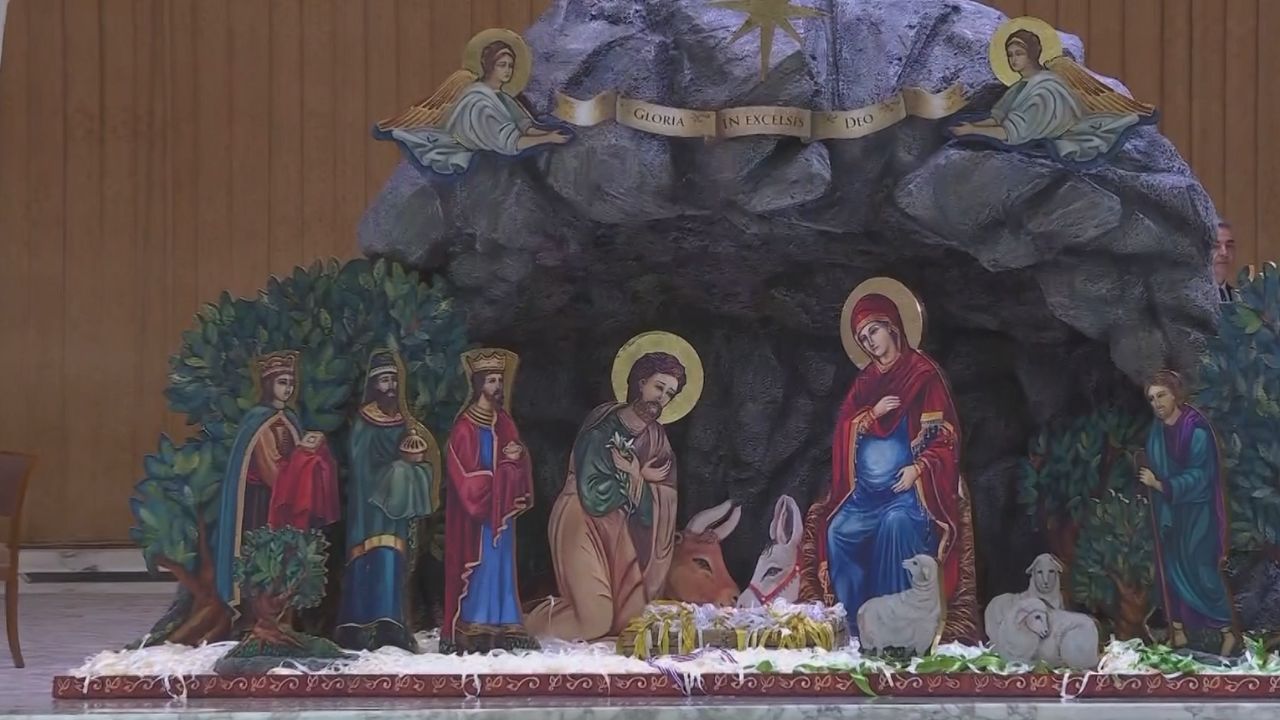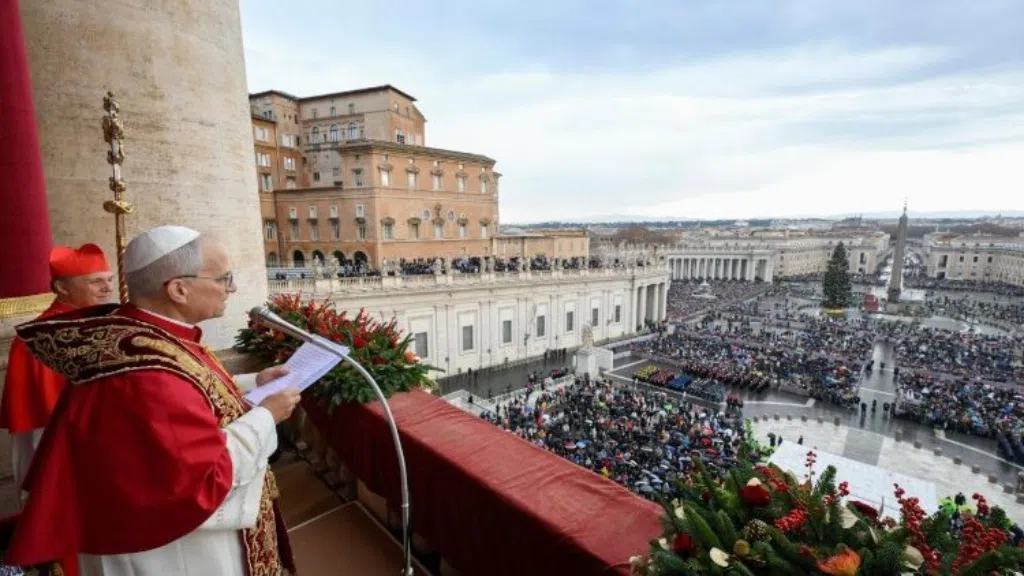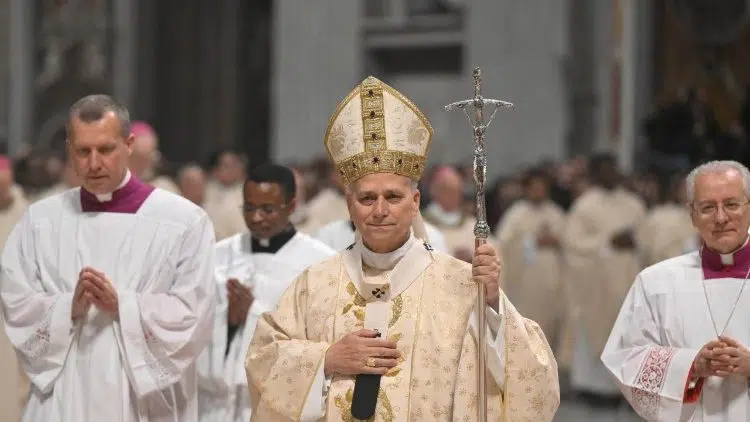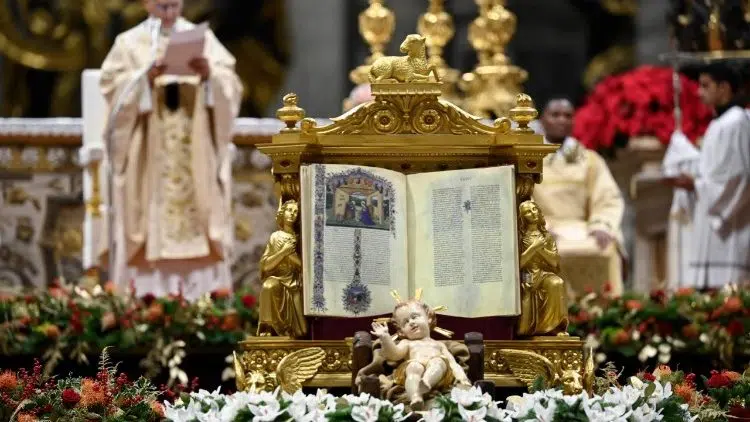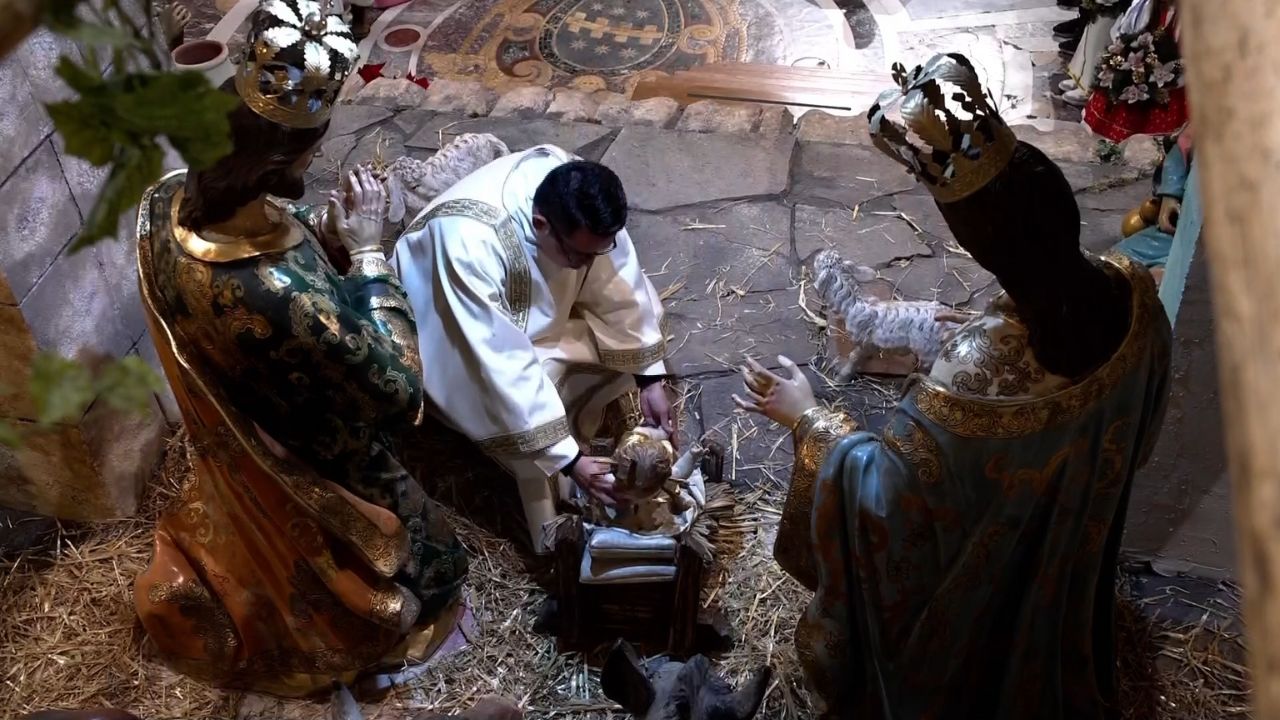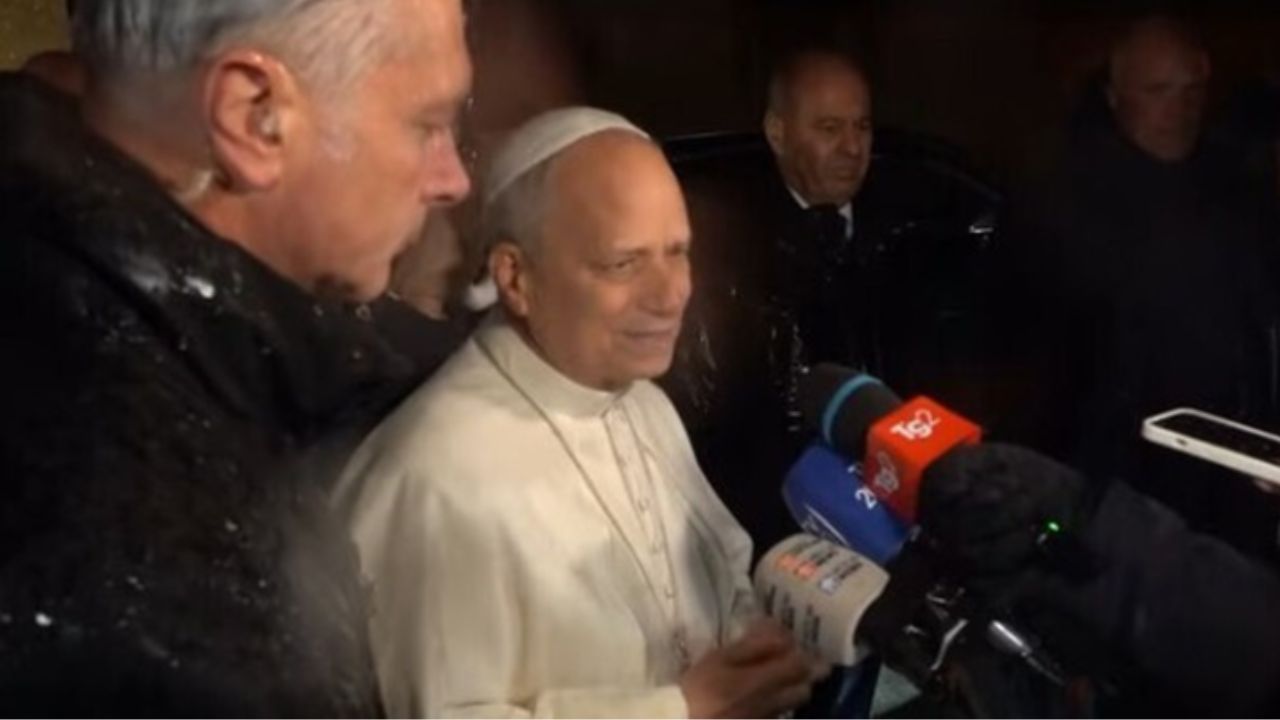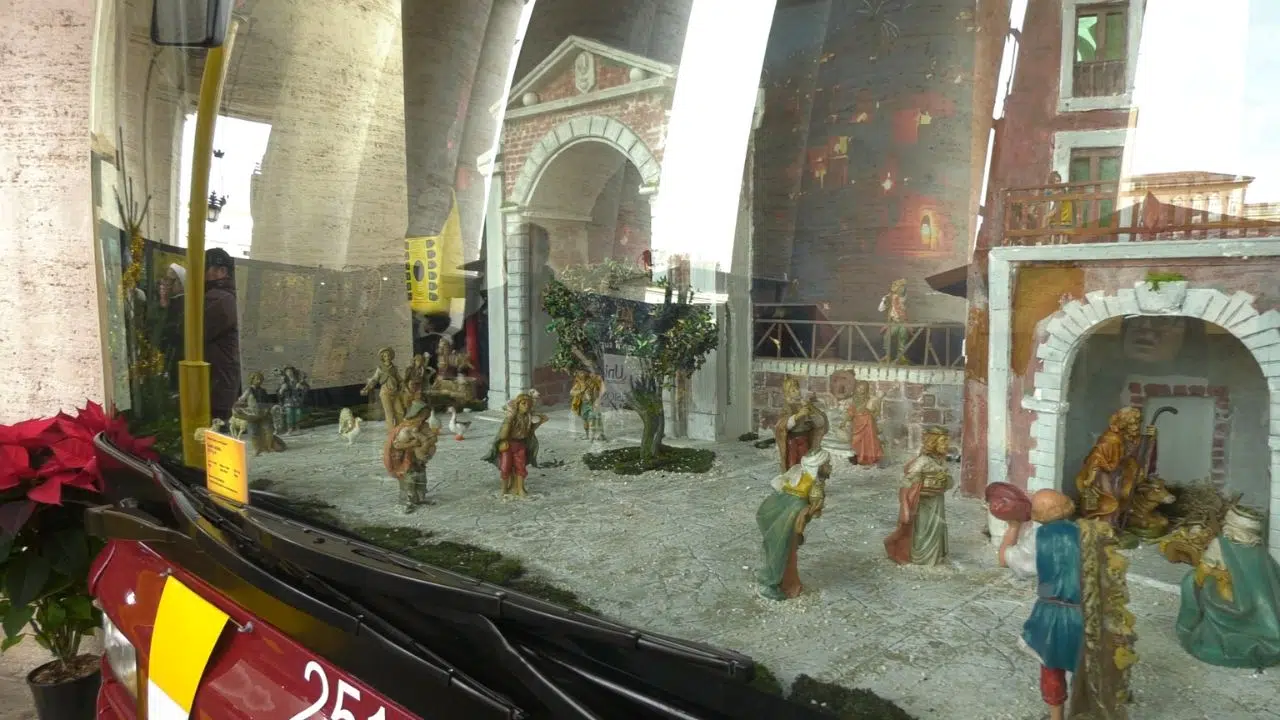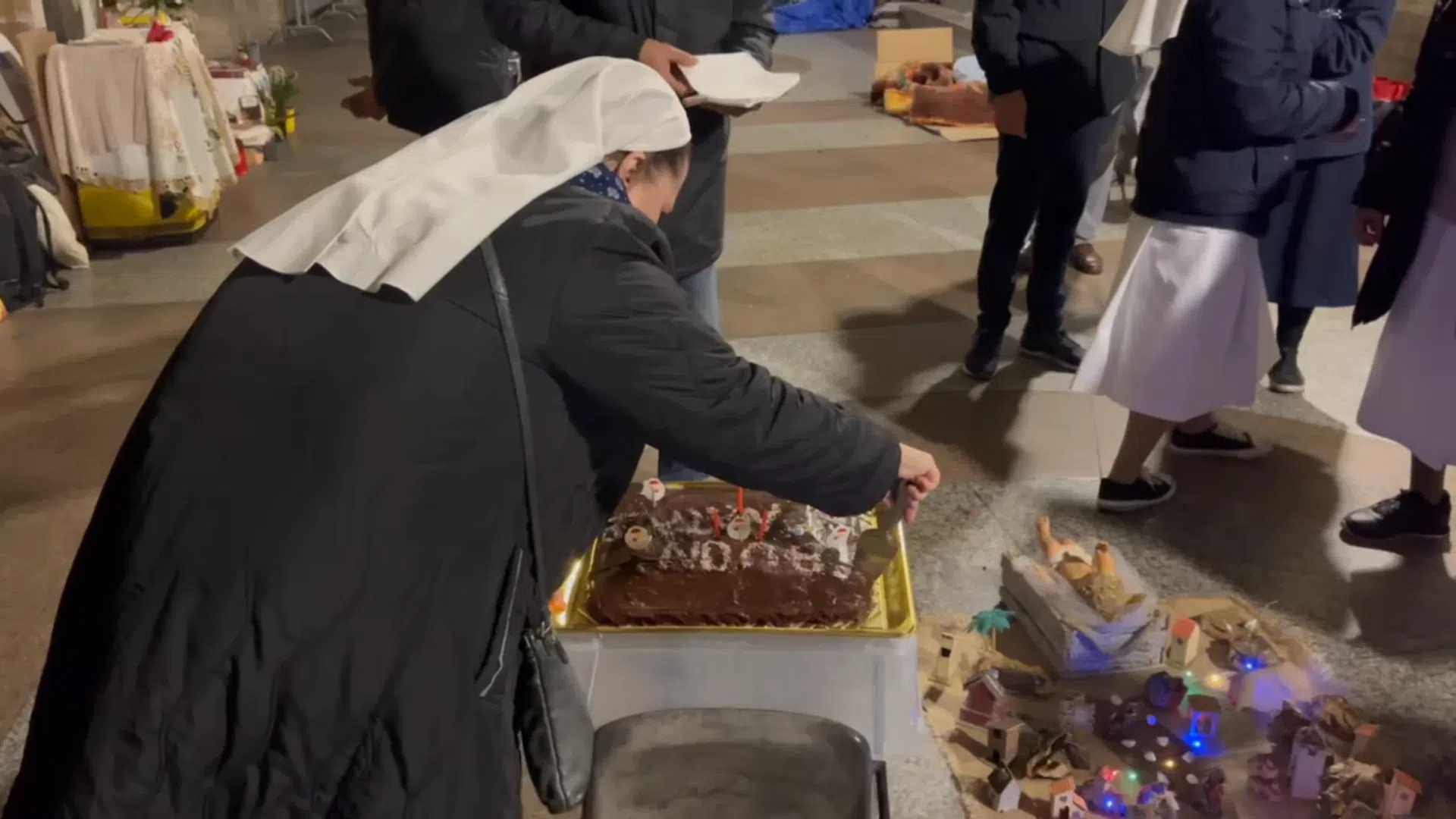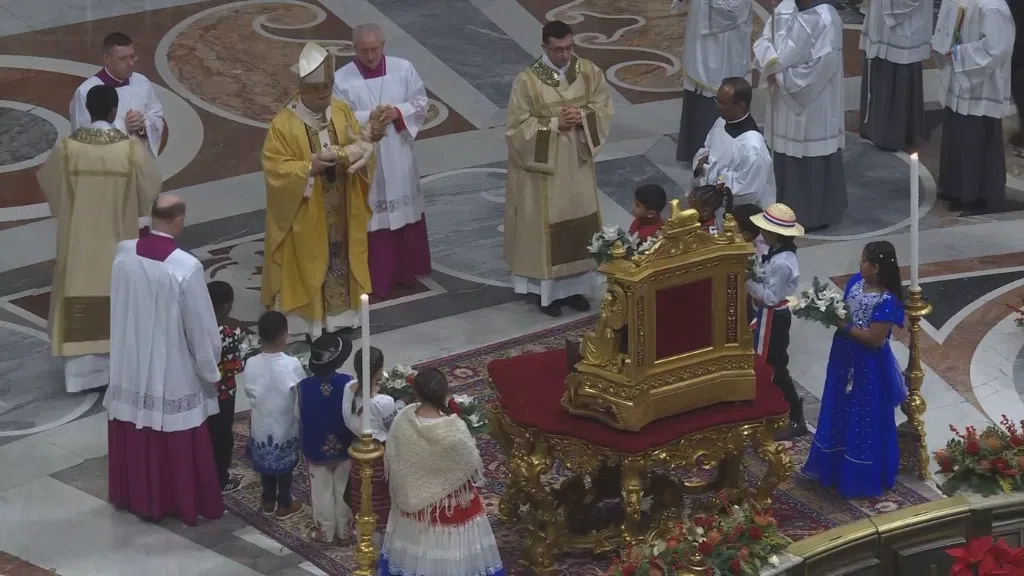In his third encyclical, “Fratelli Tutti,” meaning “Brothers all,” the pope compiles and categorizes the main proposals of the social discourses of his pontificate, in Rome and during his trips.
He summarizes them in an encyclical, to propose them as a solemn magisterium addressed to all Catholics.
GOOD SAMARITAN
In front of global indifference and the temptation to detach ourselves from others, the pope asks to remember that we are all in the same boat.
He says the only option in front of the world's suffering and people's wounds is to follow the example of the Good Samaritan, who helps an injured man without worrying about who he is, what he believes nor where he's from.
POPE FRANCIS
“Be able to have compassion: this is the key. This is our key. If you do not feel compassion toward a person in need, if your heart is not moved, it means that something is wrong. Be careful, let us be careful. Do not let us fall into selfish insensitivity.”
The pope asks to recognize the intrinsic dignity of every human being, who always deserves to be acknowledged, valued and loved; regardless of individual ideas, feelings, practices and sins.
MODEL OF DEVELOPMENT
In “Fratelli Tutti,” the pope warns against “reductive anthropological visions” and against “a profit-based economic model that does not hesitate to exploit, discard and even kill human beings.”
POPE FRANCIS
“An unfettered pursuit where money rules. This is the “dung of the devil.” The service of the common good is left behind.”
The idea is that businessmen strive to create jobs for people, not for speculation.
MIGRANTS
The pope recalls the drama of migration. He is concerned about outbreaks of xenophobia and racism. He advocates for helping people in their native countries so that they aren't forced to leave.
He also asks that society, including Christians, recognize that it is treating migrants as if they were “less human.”
POPE FRANCIS
“The Lord will ask us to account for all the migrants who have fallen on their journey of hope. They were victims of the throwaway culture.”
WAR AND THE DEATH PENALTY
The pope reiterates that war always leaves the world worse off than it was. He proposes looking at the effects war has on victims, to really understand its gravity. He calls for stopping the proliferation of nuclear weapons and instead, putting that money toward a global fund against hunger.
POPE FRANCIS
“In a world where millions of children and families live in inhumane conditions, the money that is squandered and the fortunes made through the manufacture, upgrading, maintenance and sale of ever more destructive weapons, are an affront crying out to heaven.”
He also notes the change previously made to the Catechism of the Church, making the death penalty inadmissible in all cases.
DIALOGUE AND RECONCILIATION
He says dialogue isn't merely about listening to the other's perspective, but about being able “to admit that it may include legitimate convictions and concerns.” It's an attitude he says people of all religions must adopt.
POPE FRANCIS
“Those who are called sons of God are those who have grasped the art of peace and put it into practice. They know there is no reconciliation without giving one's own life, and that one must always search for peace, in any circumstance.”
That's why he says acting alone is not enough. Rather, he says, it is essential to find ways to collaborate with others.
“Fratelli Tutti” covers many other issues. The pope asks that the religious perspective also be taken into account, as “it is wrong when the only voices to be heard in public debate are those of the powerful and 'experts.'” He rehashes the value of kindness, and he warns against those who spread division, hatred and distrust on the Internet. He asks to “recognize the goodness and beauty that [God] has sown in each of us.”
Inspiration for the encyclical came from Christian figures like St. Francis and Charles de Foucauld; as well as non-Catholics, like Martin Luther King, Desmond Tutu, Mahatma Gandhi and Ahmad Al-Tayyeb, the Sunni Muslim leader.
Javier Martínez-Brocal
Translation: Claudia Torres
